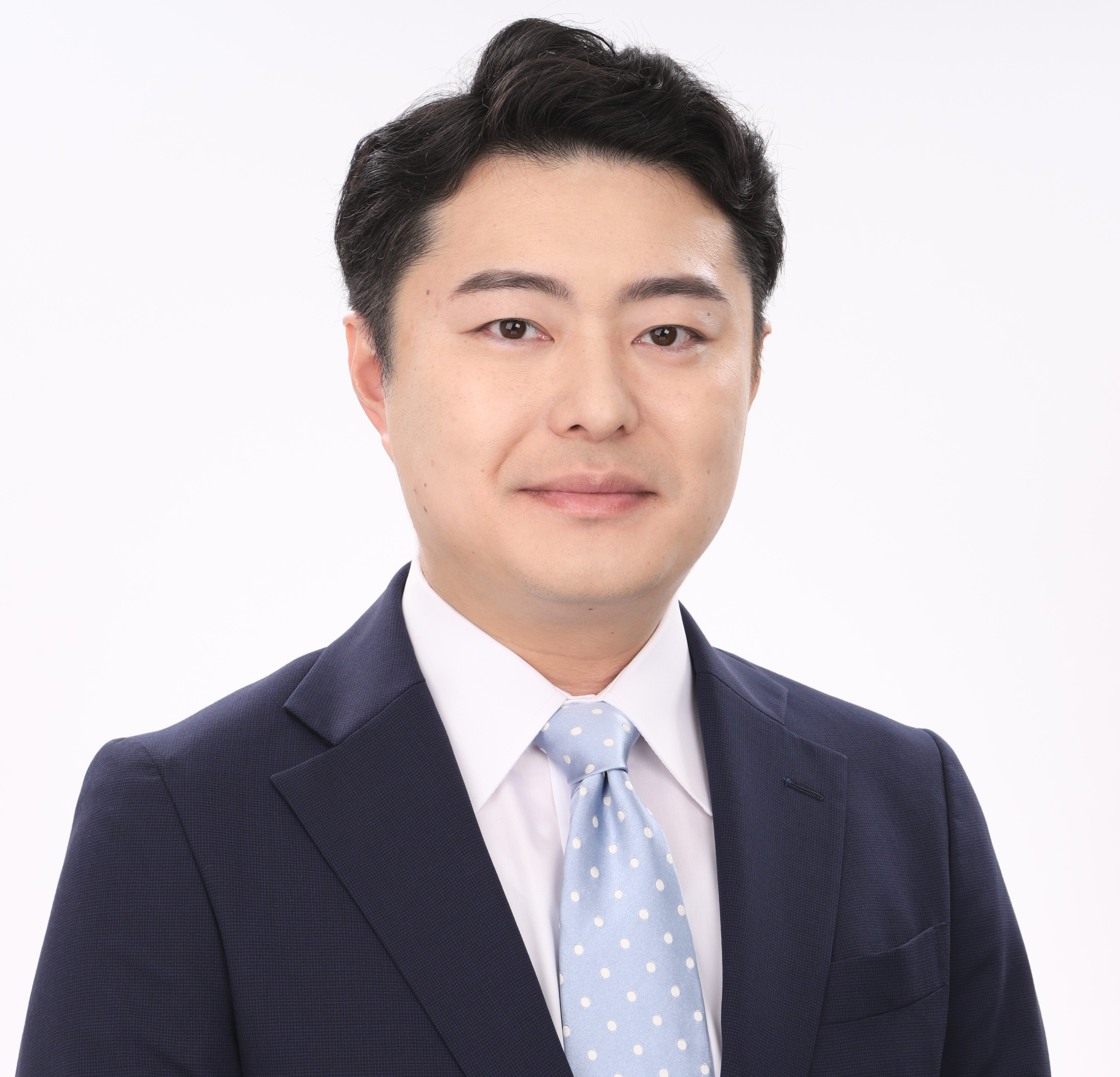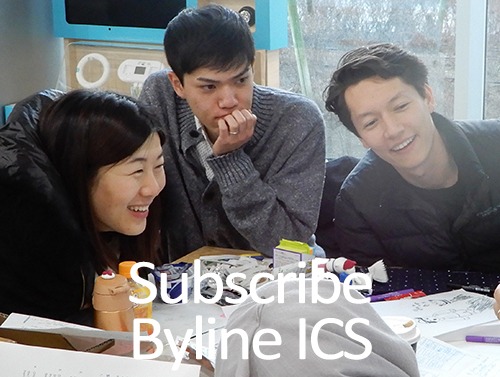Yu Matsuura and Dana Zhang, MBA students from the Class of 2024, reflect on their visit to Tokai Spring, a specialized spring manufacturer in Hyogo Prefecture. As part of their Japan Business and Economy course at Hitotsubashi ICS, they explored how strategy, craftsmanship, and culture intersect in Japanese SMEs. Through a factory tour, hands-on experience, and conversation with the company president, they gained fresh insights into the value of focus, trust, and “not competing” as a strategic choice.
On February 27th, a group of eight ICS MBA students visited Tokai Spring, a specialized spring manufacturer in Toyooka City, Hyogo Prefecture, as a follow-up to our Term 1 course, Japan Business and Economy (JBE). The visit, organized with the support of Professor Yoshi Fujikawa, the visit gave us the chance to connect what we learned in class with the lived experience of Japanese Small and Midsize Enterprises (SMEs) that embody both competitive strategic focus and manufacturing excellence.
 Hitotsubashi ICS MBA Class of 2024 Current Students with Tokai Spring President Naokazu Natsume (far right) and employees
Hitotsubashi ICS MBA Class of 2024 Current Students with Tokai Spring President Naokazu Natsume (far right) and employees
A Factory Built on Strategy, Not Scale
One recurring theme in JBE was how Japanese SMEs thrive in a highly competitive, globalized market—not by outgrowing their competitors, but by out-serving them in their niche. Tokai Spring is a compelling case in point.
Our visit began with a company overview and factory tour. The president, Mr. Natsume, introduced us to the company’s origins and its niche: custom-made, small batches, high-value springs for industrial machinery. Walking through the plant, we saw the full process—design, production, and inspection—all done with careful attention to detail.
One highlight was discovering that many of the machines were custom-built or modified by the engineers themselves, a reflection of their deep technical expertise and hands-on learning culture. The production system was designed for flexibility, not volume—a clear embodiment of the “small batch, high mix” manufacturing model we had studied.
Rather than pursuing economies of scale, Tokai Spring has chosen to serve clients who require precision, speed, and customization. What struck us most was how this philosophy shapes not only operations but the overall mindset of the organization, from frontline workers to top management.
Spring-Making Experience at Keisho-kan
Our next stop was Keisho-kan, the company’s training and learning center. We were invited to participate in a hands-on experience—not in creating springs from scratch, but in the equally intricate task of adjusting and straightening each finished spring by hand.
At first glance, it seemed simple: take a completed spring and ensure it stands upright, with perfect vertical and horizontal alignment. But once we tried it ourselves, we realized just how nuanced the task truly is. A slight twist or a subtle angle would throw off the balance.
Working under the quiet guidance of Tokai Spring’s technicians, we began to understand that final adjustment is not a finishing touch—it is craftsmanship itself. It’s where quality becomes visible, and where responsibility is most personal.
Keisho-kan isn’t just a training facility. It is a symbol of the company’s philosophy: that knowledge should be passed down directly, through shared experience and mutual respect. It represents a view of learning that is deeply human, not transactional—a view that resonated with many of us, especially in an age dominated by automation and efficiency.

Spring-making hands-on experience with Tokai Spring employees
"Not Competing" as a Strategy: Q&A with the President
The most thought-provoking moment of the visit came during our dialogue with President Natsume. When asked about the company’s strategy, he answered with striking clarity:
“Our strategy is not to compete.”
At first, this seemed counterintuitive. But as he explained further, the logic unfolded: by focusing on what they do best—and refusing to compromise on quality or pricing—Tokai Spring naturally avoids head-to-head competition. They don’t lower prices. They don’t bid aggressively. Instead, they respond quickly, deliver reliably, and build relationships that last – leading to high reorder rates.
What enables this approach is their internally developed IT system, which allows engineers to quickly respond to inquiries, calculate feasibility, and provide quotes—often within a single day. But rather than replacing the human element, the system enhances it, ensuring speed with personalization, which in turn builds long-term trust.
President Natsume’s philosophy challenged many of our assumptions about strategy. It showed us that success doesn’t always require direct competition. Sometimes, it’s about standing firm in your identity—and letting that clarity do the work.
Takeaways and Gratitude
As MBA students, we often study frameworks—cost leadership, differentiation, innovation—but this visit reminded us that strategy is also a lived experience. At Tokai Spring, we saw a company that doesn’t just operate—it chooses, every day, to follow a narrow but meaningful path.
From this visit, we walked away with several lasting impressions:
- Focus can be more powerful than scale.
- Value isn’t always about price.
- And trust—earned through craftsmanship, service, and consistency—can be a company’s most durable advantage.
We are deeply grateful to President Natsume, the entire team at Tokai Spring, and Professor Fujikawa for making this visit possible. It brought to life many of the themes we’ve explored in class—without ever needing to say so explicitly.

|
Yu Matsuura Yu Matsuura, a member of the MBA Class of 2024, hails from Tokyo, Japan. He is a seasoned marketing and corporate communication professional in the global healthcare industry, currently pursuing an MBA at Hitotsubashi ICS. With over a decade of experience at a medical device company, he has built a career spanning both domestic and international roles in Japan and Singapore. He has hands-on experience in both upstream and downstream marketing, including product launches, market analysis, and regional go-to-market strategy development across Asia. His academic interests at Hitotsubashi ICS centered around service management and competitive strategy, with a strong determination to further grow and transform the healthcare business. |

|
Dana Zhang Dana Zhang, a member of the MBA Class of 2024, is originally from Shanghai, China, and is currently pursuing her MBA at Hitotsubashi ICS. She brings over 10 years of experience in Human Resources, having held roles in HR business partnering, talent development, campus recruitment, and organizational planning. Her career spans both Japanese and international companies, including experience working in Tokyo, and reflects a strong cross-cultural foundation. At ICS, her academic interests focus on human resource management and organizational behavior. With a strong passion for building inclusive and future-ready organizations, she is now exploring how HR can develop talent and support agile, purpose-driven organizations that create both business and social value.
|










